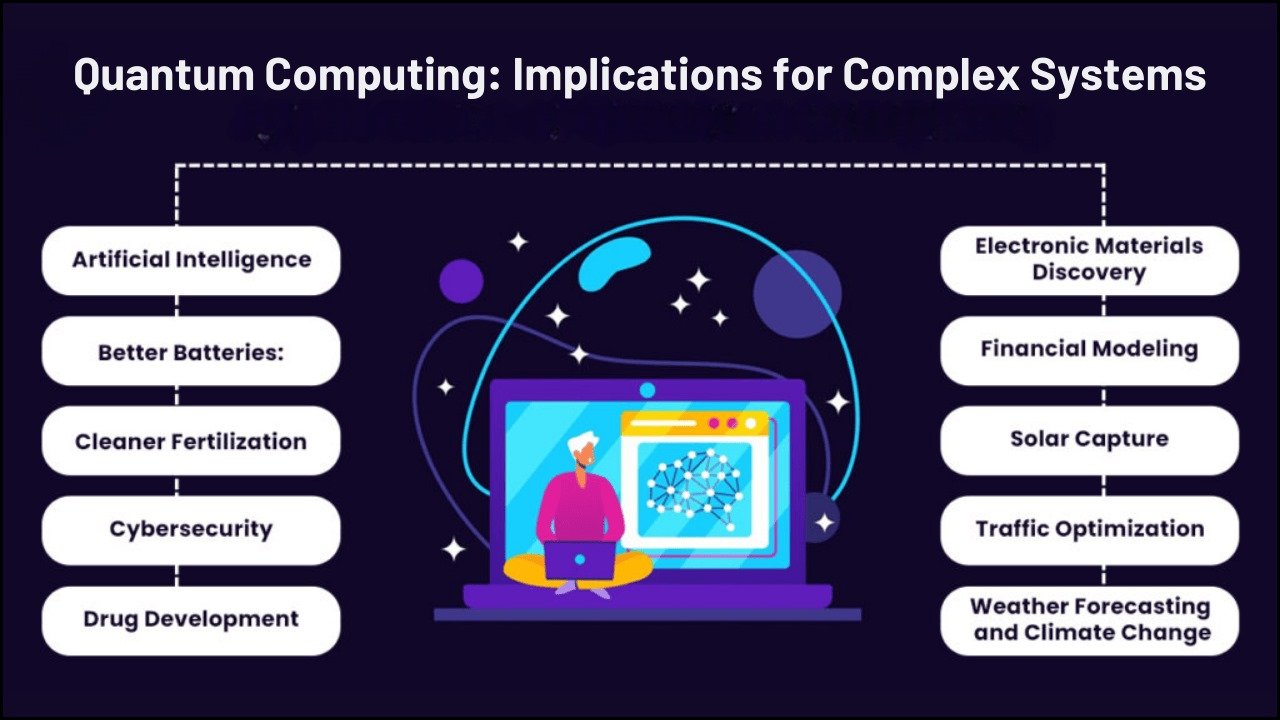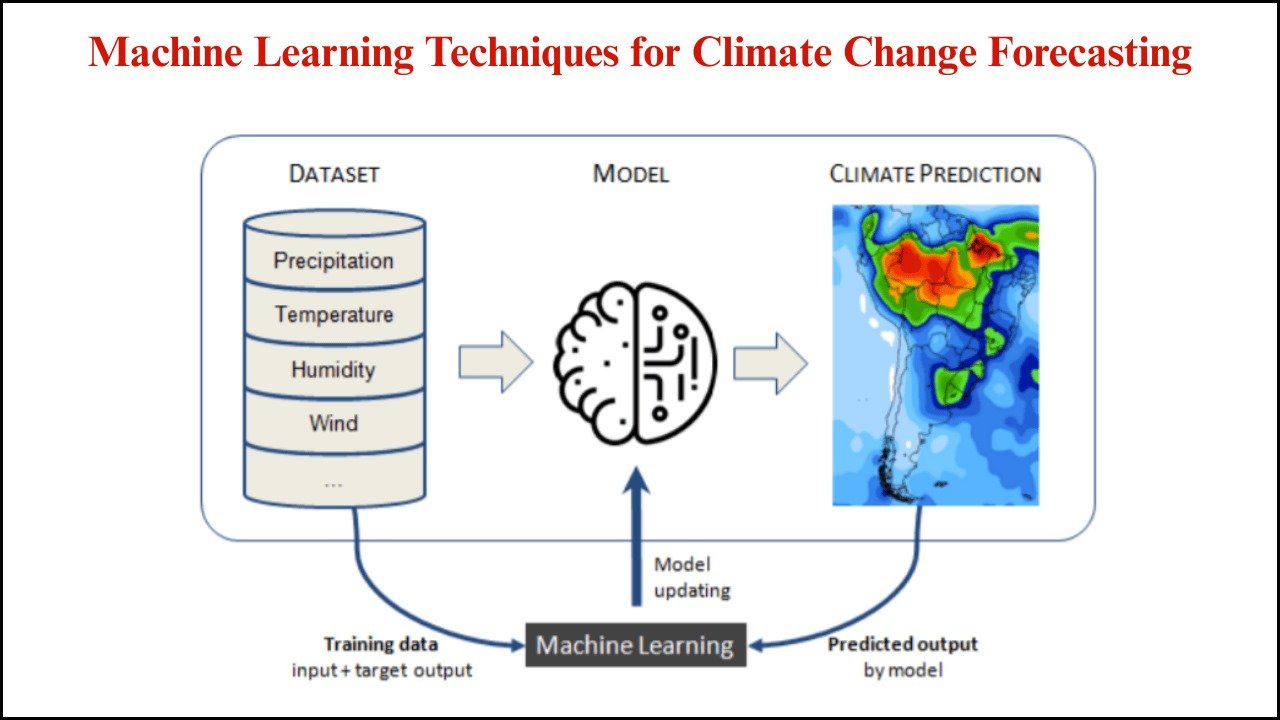
The Asian Institute of Management (AIM) has established a pioneering Ph.D. program in Data Science to address the growing global demand for experts in artificial intelligence, deep learning, network science, and computer vision. The program’s vision centers on developing leaders who combine technical mastery with social impact, preparing graduates to shape the future of technology and research. The program emphasizes interdisciplinary learning, innovation, and practical application of advanced data science methods.
Table of Contents
Program Vision and Strategy
- Vision Statement: Development of leaders in data science capable of influencing technology, society, and business.
- Strategic Objectives:
- Cultivate advanced research skills across multiple data science domains.
- Encourage interdisciplinary approaches to complex societal and technological challenges.
- Promote innovation and leadership in data-driven decision-making.
- Program Delivery Model: Part-time, hybrid structure designed to allow professionals to continue their careers while pursuing research.
- Duration: 36 months, combining coursework, research projects, and dissertation development.
Learning Goals
- Comprehensive Understanding:
- Mastery of fundamental and advanced data science concepts.
- Systematic understanding of research methodologies in data science.
- Commitment to scholarly advancement in data science.
- Research Capability:
- Design and implement original research addressing critical problems.
- Apply interdisciplinary methods to solve complex, real-world issues.
- Integrate theory and practice to produce high-impact research outputs.
- Leadership and Societal Impact:
- Promote data science applications across social, technological, and cultural contexts.
- Lead teams in research or industry to implement innovative data-driven solutions.
Program Structure
The AIM Ph.D. program is structured to balance flexibility for working professionals with rigorous academic standards.
| Component | Details |
|---|---|
| Coursework | Advanced topics in AI, machine learning, network science, computer vision, statistics, and data ethics. |
| Research Seminars | Interdisciplinary seminars foster critical thinking, problem-solving, and collaboration. |
| Dissertation Development | Original research culminating in a Ph.D. dissertation demonstrating methodological rigor and societal relevance. |
| Mentorship | Guidance from experienced faculty across multiple disciplines to enhance research quality and professional growth. |
| Part-time Hybrid Learning | A Combination of online and on-campus sessions to accommodate professional commitments. |
Eligibility Criteria
- Academic Background: Master’s degree in Data Science, Computer Science, Mathematics, Statistics, Physics, or other relevant fields. Coursework should include multivariate calculus, linear algebra, probability, statistics, and programming.
- Professional or Research Experience: Demonstrated experience in AI, deep learning, complex systems, network science, or related fields.
- Technical Skills: Proficiency in programming languages such as Python or C++, data management, and analytical tools.
- Interdisciplinary Aptitude: Ability to work across disciplines and apply data science to social, technological, and business problems.
Application Process
- Step 1: Online Application – Complete the application form.
- Step 2: Document Submission – Provide transcripts, curriculum vitae, statement of interest, and reference letters.
- Step 3: Assessment – Evaluation of academic background, technical skills, and alignment with program goals.
- Step 4: Interview – Interaction with faculty to discuss research interests and career aspirations.
- Step 5: Admission Decision – Offer of enrollment for candidates meeting academic, professional, and research standards.
Program Outcomes
Graduates of the Ph.D. program are equipped with knowledge, skills, and abilities that extend beyond traditional academic achievements.
| Outcome | Expected Competency |
|---|---|
| Advanced Research | Conduct original, high-quality research in data science domains. |
| Interdisciplinary Collaboration | Work effectively across disciplines to address complex societal problems. |
| Leadership | Lead research teams or industry initiatives with ethical and data-driven decision-making. |
| Innovation | Develop new methods, models, or applications in AI, machine learning, and data analytics. |
| Societal Impact | Apply data science to solve problems with meaningful societal, environmental, or economic effects. |
Research Focus Areas
- Artificial Intelligence and Deep Learning: Designing models for predictive analytics, natural language processing, and autonomous systems.
- Network Science and Complex Systems: Understanding relationships and interactions in social, biological, and technological networks.
- Computer Vision and Imaging Analytics: Developing techniques for object recognition, medical imaging, and automated analysis.
- Data Ethics and Governance: Ensuring responsible use of data and compliance with privacy regulations.
- Applied Data Science: Implementing data-driven solutions in healthcare, finance, education, and government.
Career Pathways
- Academia: University faculty, research scientists, and program developers in educational institutions.
- Industry: Leadership roles in technology, consulting, finance, healthcare, and AI-driven startups.
- Government and NGOs: Policy development, social research, and data-driven decision-making for public welfare.
- Entrepreneurship: Founding startups or consulting firms specializing in advanced data science applications.
Program Strengths
- Hybrid Learning Flexibility: Enables professionals to study while maintaining career responsibilities.
- Interdisciplinary Approach: Integrates data science knowledge with societal and business applications.
- Mentorship and Collaboration: Faculty guidance ensures high-quality research and networking opportunities.
- Global Relevance: Prepares students to lead in international research and industry contexts.
- Innovation Focus: Encourages original contributions to AI, network science, and applied analytics.
Evaluation and Assessment
- Continuous Assessment: Regular progress evaluation through research proposals, seminars, and coursework.
- Dissertation Defense: Final evaluation through oral defense of research findings.
- Publication Requirement: Encouragement to publish in peer-reviewed journals to demonstrate scholarly impact.
- Peer Review: Engagement with the research community for feedback, collaboration, and validation of results.
Resources and Support
- Laboratories and Research Facilities: Access to computing labs, cloud-based resources, and AI tools.
- Research Funding: Opportunities for grants and fellowships to support innovative projects.
- Professional Development: Workshops, conferences, and seminars for skill enhancement.
- Networking Opportunities: Interaction with industry leaders, alumni, and academic collaborators.
Looking Ahead
The Ph.D. program in Data Science at AIM represents a strategic initiative to build future leaders capable of transforming society through advanced analytics and AI. Emphasis on interdisciplinary research, innovation, and professional growth equips graduates to navigate complex challenges in academia, industry, and the public sectors. The program’s vision ensures that students not only excel in technical expertise but also create meaningful societal impact, positioning AIM as a leader in data science education.





